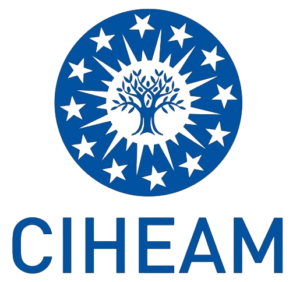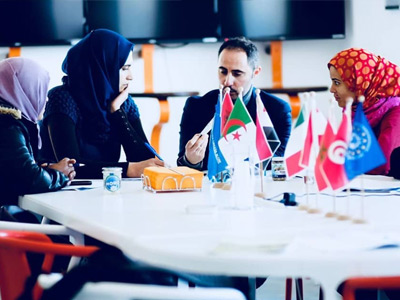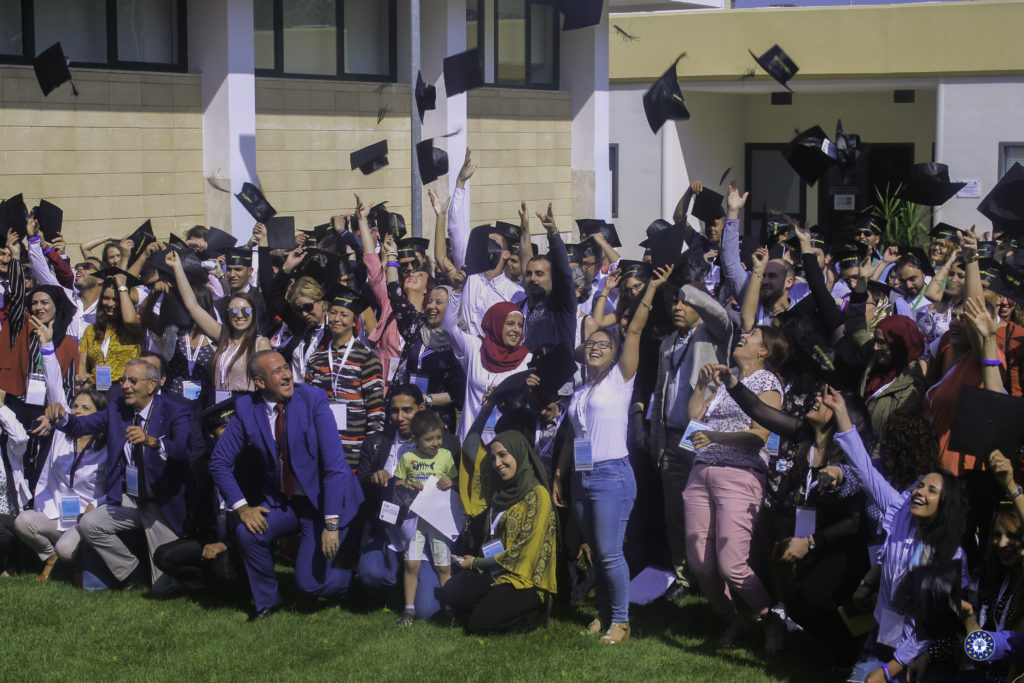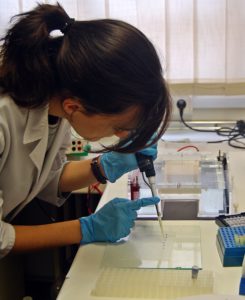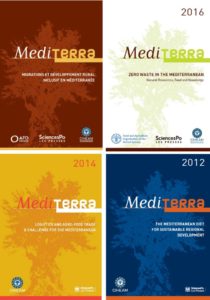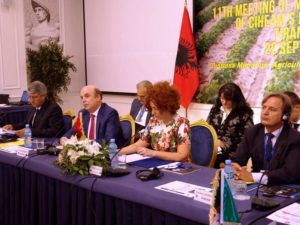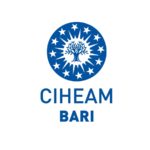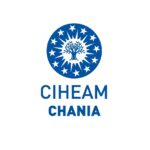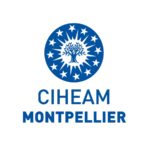The CIHEAM and its Mediterranean Agronomic Institutes of Montpellier, Chania and Zaragoza will be present during the Mediterranean Worlds Forum
The CIHEAM will be present at the Mediterranean Worlds Forum (7th and 8th February in Marseille) notably through a collaboration with Les Grandes Tables – I.C.I which coordinates the culinary component of this event. The cultural, economic and societal issues of Mediterranean cuisine and the transmission of know-how will be discussed in the presence of chefs and academics from Algeria, Egypt, Crete, France, Morocco and Tunisia.
From February 3rd to 8th, Mediterranean cooks and bakers will be hosted in restaurants and bakeries in the city. On February 5th, Olympia Markoulaki, Chef of the CIHEAM Chania restaurant, will prepare a Mediterranean menu with Chef Sébastien Richard at the solidary restaurant Le République. Meals and masterclasses will also be organised in school canteens and in a company restaurant.
On February 8th, the «Marseille Call for a Mediterranean Gastronomic Ambition» will be made public and the forum will close with a big public evening on February 8th at the Friche La Belle de Mai around the breads of the Mediterranean.
- Detailed Programme HERE
- Calendar HERE
- Learn more about the cultural, economic and societal challenges of Mediterranean food systems :
Zero Waste in the Mediterranean: Natural resources, food and knowing
The Mediterranean Diet for sustainable regional development
Environnement, biodiversity and sustainable development
The CIHEAM will also be intervening on environmental and sustainable development issues.
Monday 7 February - 4:00 p.m.: “Management of marine strong protection zones (ZPF)” with the intervention of Bernardo Basurco (CIHEAM Zaragoza) on the blue economy and marine area management issues.
In 2020, 8.33% of the Mediterranean Sea is designated as a marine protected area. However, 97.33% of the total surface of the Mediterranean under protection status is located in the waters of EU member countries and the cumulative surface of areas prohibited to fishing or extraction activities represents only 0, 04% of the Mediterranean. We need more strong protection in the Mediterranean for a better resilience of the marine environment, the large-scale restoration of natural ecosystems, the recovery of fish stocks, and the mitigation of the impacts of climate change, as well as for economic benefits and for the well-being of Mediterranean people. The 2020 objective of having 2% full protection in the Mediterranean has not been achieved and the European Union is now committed to an objective of 10% strong protection in 2030.
Tuesday 8 February – 12 p.m.: “Sustainable agriculture and forests in the Mediterranean” co-organised by Elen Lemaitre Curri (CIHEAM Montpellier) and Alain Chaudron (AIFM).
Under the combined effect of climate change, population growth and changing consumer demand, agricultural and forestry systems in Mediterranean countries must transform to remain resilient. This workshop will briefly introduce four major basin issues and illustrate the possible transitions towards greater sustainability through solutions that are proven in the field.
- Transform agricultural systems to adapt to climate change.
- Restore forests and ecosystems, a guarantee of sustainability.
- Transform food systems to restore nutritional balance.
- Share market information to prevent crises.
The workshop will take the interactive form of dialogues, alternating brief framing on each issue, concrete illustration of a solution for the future and exchanges with the audience.


